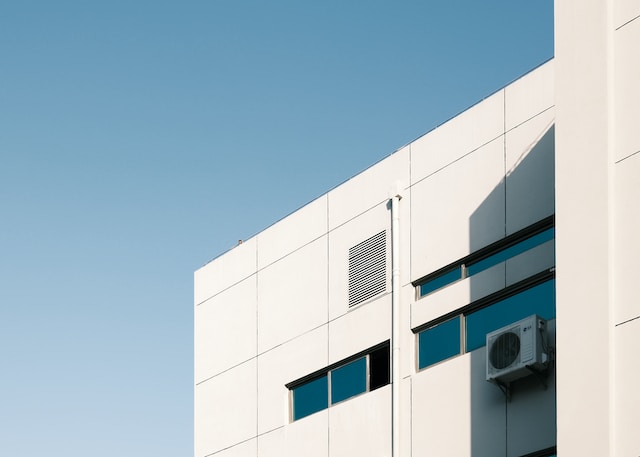
Welcome to our comprehensive guide on heat pump repairs in Toronto, where we provide expert insights and practical tips to help you maintain optimal performance and energy efficiency in your heat pump system. As trusted professionals in the HVAC industry, we understand the importance of a well-functioning heat pump and its impact on your comfort and energy costs. In this article, we will address common issues faced by heat pump owners and offer effective solutions to outrank the competition and ensure your system operates at its best.
Understanding Heat Pump Systems
Before diving into specific Toronto heat pump repair techniques, it is crucial to understand the fundamentals of a heat pump system. A heat pump is a versatile HVAC unit that can both cool and heat your home, making it an energy-efficient alternative to traditional heating and cooling systems. It works by extracting heat from the air or ground outside and transferring it inside or vice versa, depending on the desired temperature.
Common Heat Pump Problems
To outrank competing websites, it is vital to address common heat pump problems comprehensively. Here are some typical issues you may encounter:
Insufficient Heating or Cooling
If your heat pump fails to provide adequate heating or cooling, several factors could be at play. It could be due to a refrigerant leak, a faulty compressor, or improper thermostat settings. To troubleshoot this issue effectively, it is recommended to:
- Check and adjust the thermostat settings to the desired temperature.
- Ensure that all vents and registers are open and unobstructed.
- Clean or replace air filters regularly to improve airflow.
- If problems persist, contact a professional HVAC technician to inspect and diagnose the system thoroughly.
Noisy Operation
Unusual noises coming from your heat pump can be disruptive and indicate underlying problems. Some common causes of noisy operation include:
- Loose or damaged fan blades
- Faulty motor bearings
- Loose or misaligned components
To resolve these issues, follow these steps:
- Turn off the system and inspect the outdoor unit for visible damage or debris.
- Tighten any loose screws or bolts and realign misaligned components.
- If the noise persists, contact a qualified technician to further investigate the problem.
Frozen Coils
Frozen coils are a common issue in heat pump systems, which can hinder their performance. This problem often occurs due to:
- Dirty air filters
- Restricted airflow
- Low refrigerant levels
To address frozen coils effectively, take the following steps:
- Turn off the system and allow the ice to thaw completely.
- Inspect and clean the air filters. Replace them if necessary.
- Ensure there are no obstructions blocking the airflow around the indoor and outdoor units.
- If the problem persists, it is advisable to consult a professional technician to assess the refrigerant levels and identify any leaks.
Inadequate Defrosting
Proper defrosting is crucial for the efficient operation of heat pump systems, especially in colder climates. If your heat pump has difficulty defrosting, consider the following remedies:
- Check and clean the outdoor coils to remove any accumulated dirt or debris.
- Verify that the defrost control is functioning correctly.
- If the issue persists, seek professional assistance to diagnose and repair the defrosting mechanism.
Maintaining Energy Efficiency
In addition to resolving common heat pump issues, optimizing energy efficiency is key to outranking competing websites. Here are some essential tips to achieve this:
Regular Maintenance
Regular maintenance is critical to ensuring the long-term performance and energy efficiency of your heat pump. It is recommended to schedule annual maintenance visits with a professional HVAC technician. During these visits, the technician will:
- Clean and inspect the system’s components
- Lubricate moving parts
- Check refrigerant levels
- Test electrical connections
- Identify and address any potential issues
Thermostat Programming
Properly utilizing your thermostat can significantly impact energy efficiency. Consider the following tips:
- Set the thermostat to the most energy-efficient temperatures during periods of absence or sleep.
- Utilize programmable or smart thermostats to optimize temperature settings based on your schedule.
Insulation and Sealing
Ensuring proper insulation and sealing in your home can help reduce energy waste and improve heat pump efficiency. Consider the following actions:
- Insulate your home’s walls, attic, and crawl spaces to minimize heat transfer.
- Seal any gaps or cracks in doors, windows, and ductwork to prevent air leaks.


